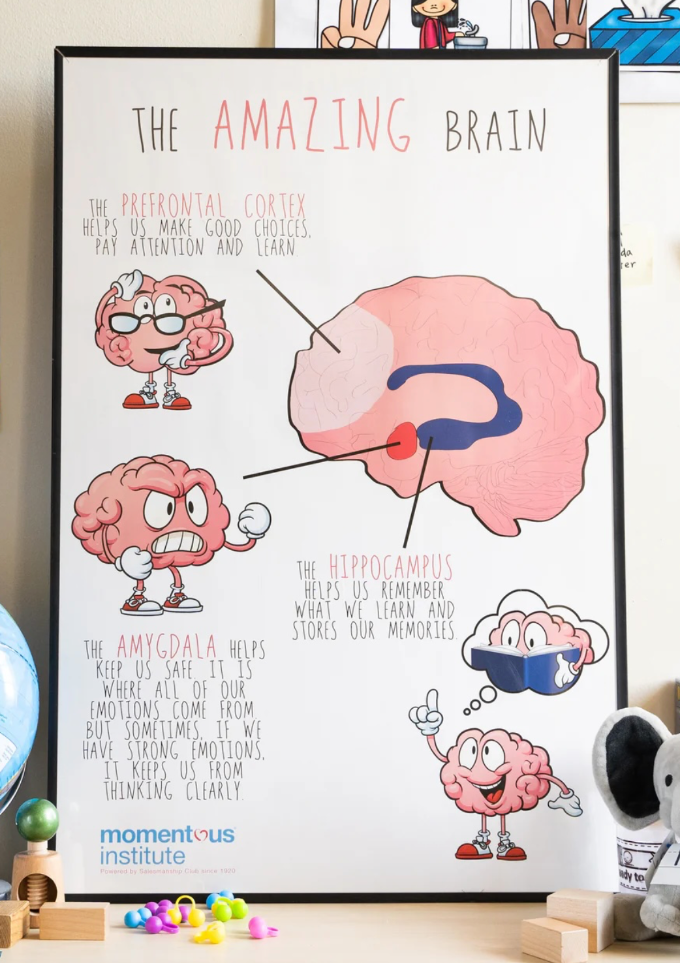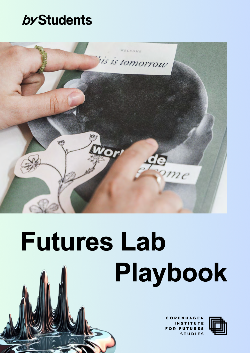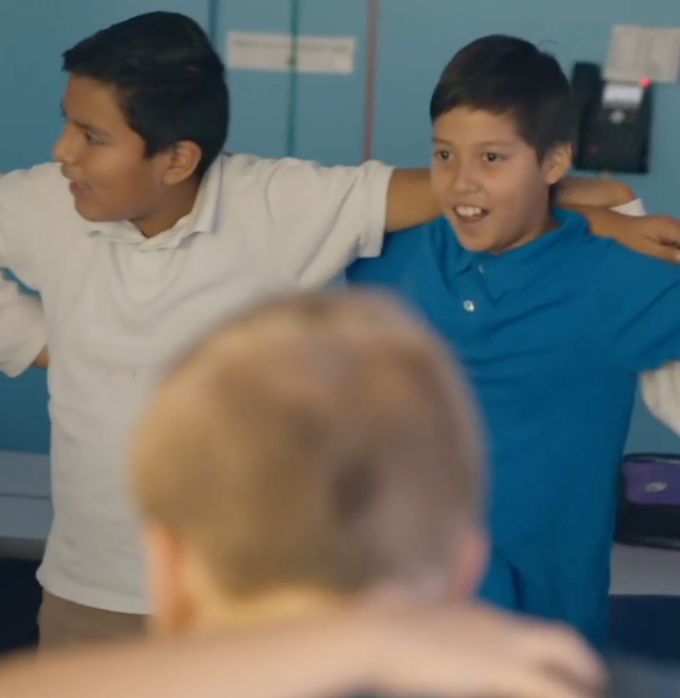October 3, 2025
Teaching
What if improving children’s mental health — and life outcomes — could be done by teaching kids how their brains work?

Image via Momentous School
At Momentous School in Dallas, teachers weave brain science into daily conversations. Students are often asked to name their emotions or hear reminders like, “What’s your amygdala saying right now?” says Jessica Gomez, psychologist and executive director of Momentous Institute, the nonprofit that runs the school. (The amygdala helps process emotions.)
Teachers also lead lessons on mental health and relationships, aiming to make these topics feel like a normal part of life rather than something stigmatized. Parent nights extend the learning, offering families tools for emotional regulation they can use at home.
Founded in 1997 with philanthropic support, Momentous School was created to apply the Institute’s research in brain science and mental health. A joint study with the Center for BrainHealth at the University of Texas at Dallas suggests the model is linked to positive outcomes for graduates.
The findings come as social and emotional learning—lessons on emotions, relationships, and social awareness—face pushback in schools. Yet research shows these lessons can improve academics, motivation, and social skills, both at Momentous and elsewhere.
ARTICLE: The Benefits of Teaching Young Kids How Their Brains Work




